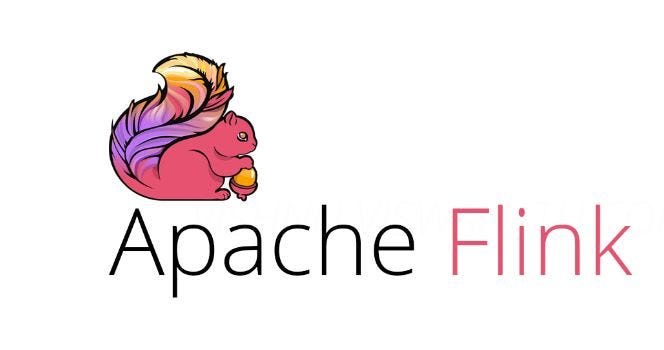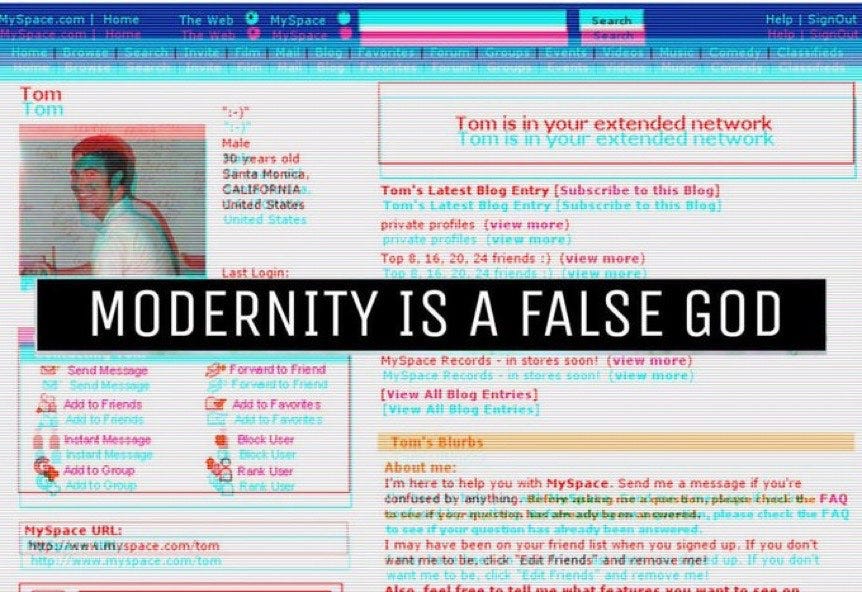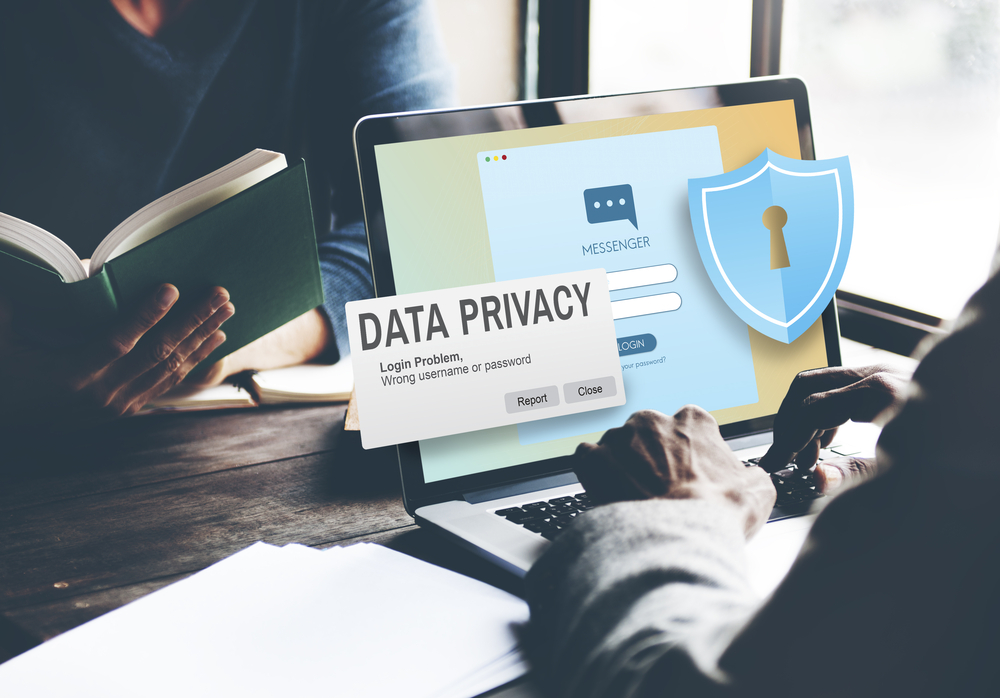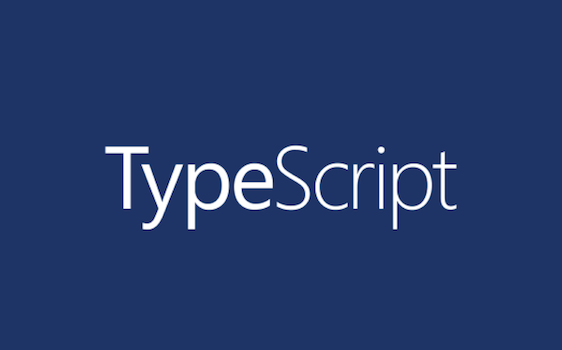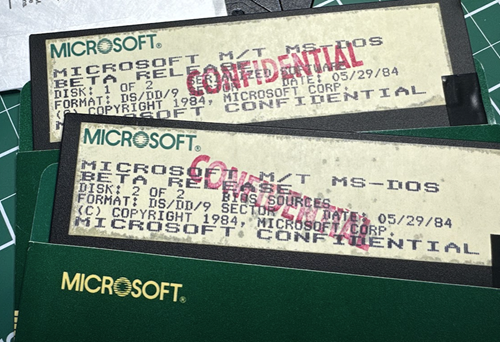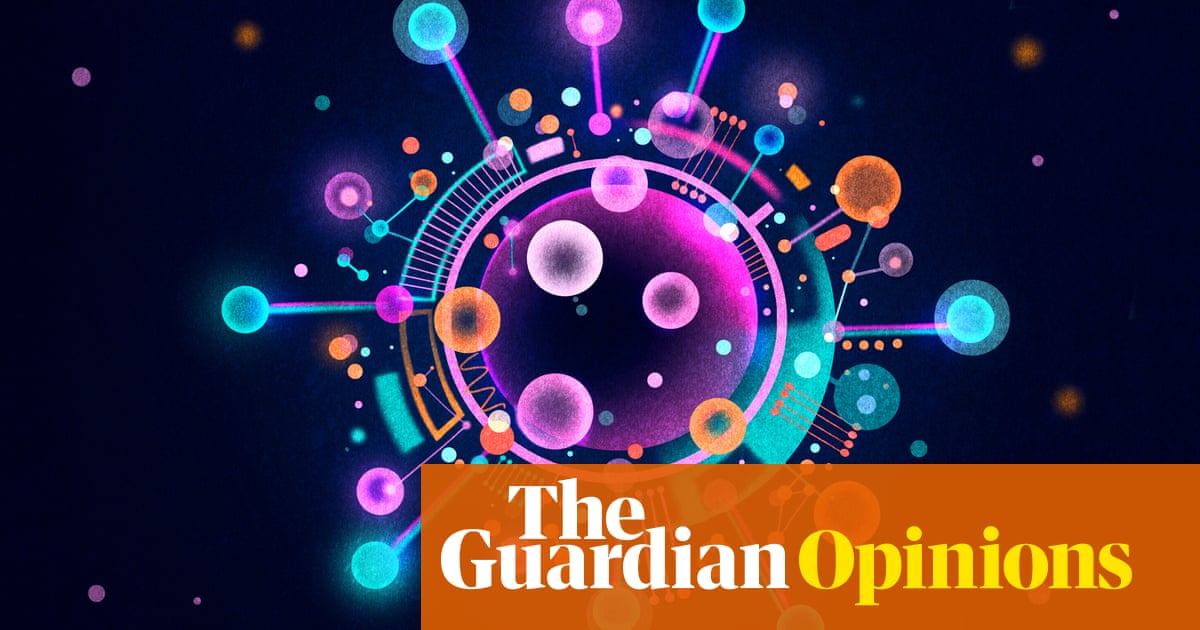
Let’s make sure our personal data works for us – not against us – after the pandemic
H ow is it that we live in a world that is awash with our personal information, where most of us would be shocked if we knew exactly how much we give away about ourselves each day – and yet, when a crisis came along in which that information could have made all the difference, it didn’t?
If we take one lesson from Covid-19, it should be that our information needs to work harder for us – and not just in a pandemic, but all the time.
You may remember hearing, early on in this pandemic, that efforts to get contact tracing up and running were faltering. In November 2020 they were still faltering, which meant that many governments lacked a detailed picture of infected people’s movements and contacts. If you can’t see the enemy, you can’t beat it – ask any Trojan. And although containing Covid-19 is about more than just good contact tracing, a robust correlation exists between the two.
But you may also recall hearing early on that the pandemic was being exacerbated by an infodemic – an explosion of information and misinformation that was hampering containment efforts. Plenty has been written about the echo-chamber effect of social media, though Italian researchers recently reported the sobering finding that users of the left-leaning platform Reddit and the (far) right-leaning one Gab are more likely to see a diverse range of news and opinion than users of Facebook and Twitter. Not only is our information not working for us, it’s often working against us.



